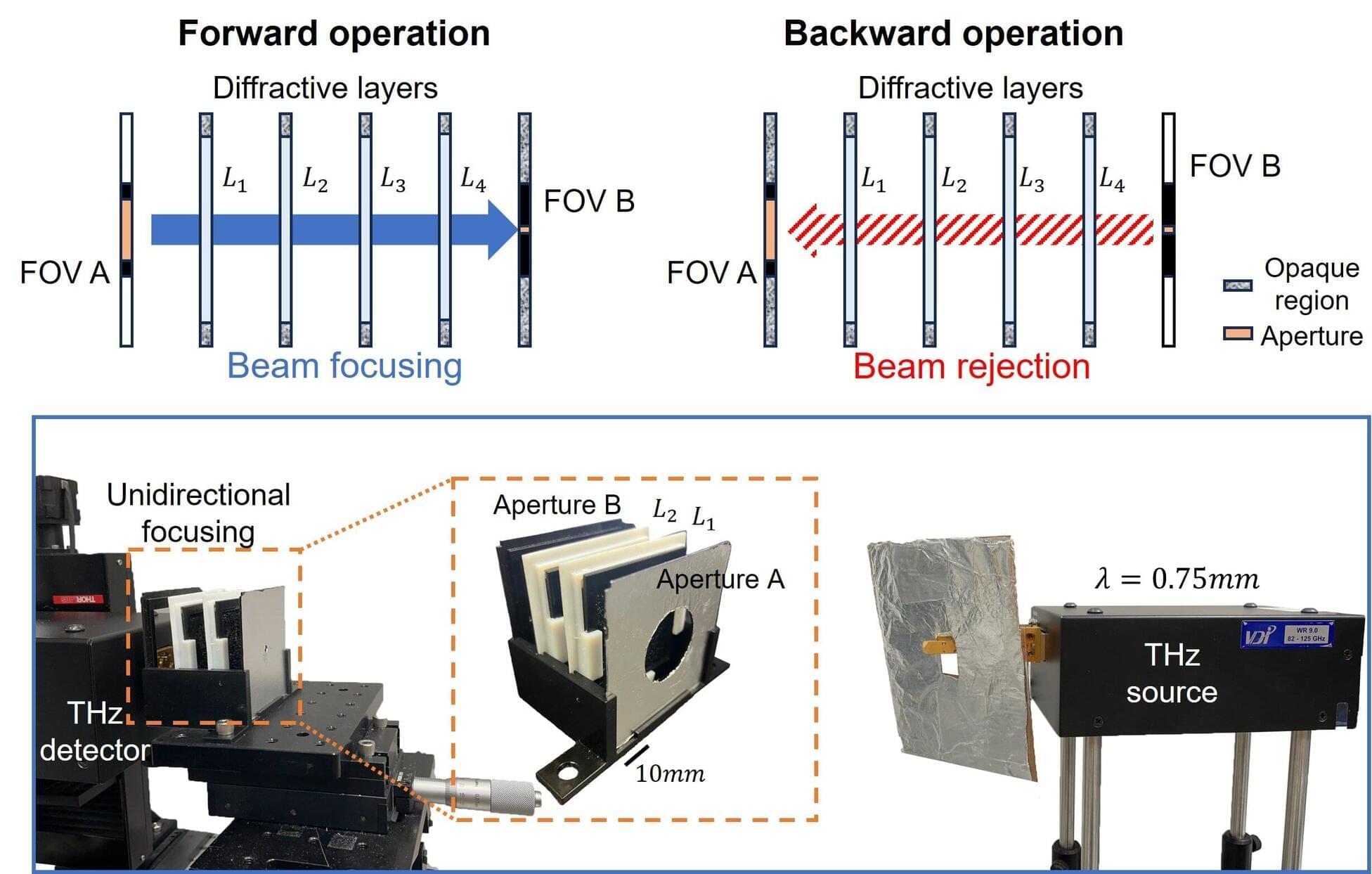A threat actor known as EncryptHub has been linked to Windows zero-day attacks exploiting a Microsoft Management Console vulnerability patched this month.
Uncovered by Trend Micro staff researcher Aliakbar Zahravi, this security feature bypass (dubbed ‘MSC EvilTwin’ and now tracked as CVE-2025–26633) resides in how MSC files are handled on vulnerable devices.
Attackers can leverage the vulnerability to evade Windows file reputation protections and execute code because the user is not warned before loading unexpected MSC files on unpatched devices.






